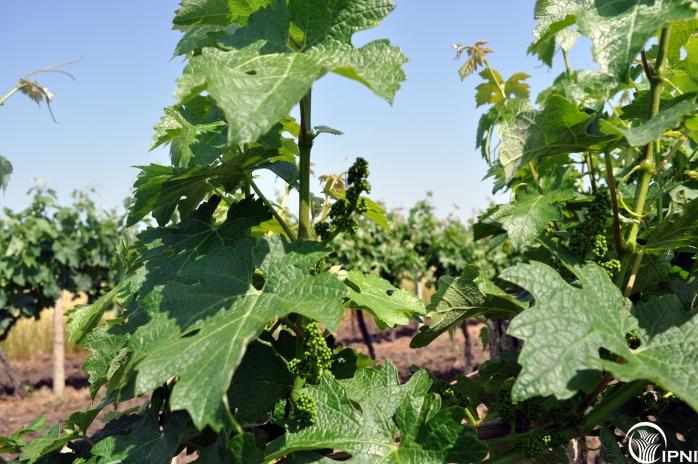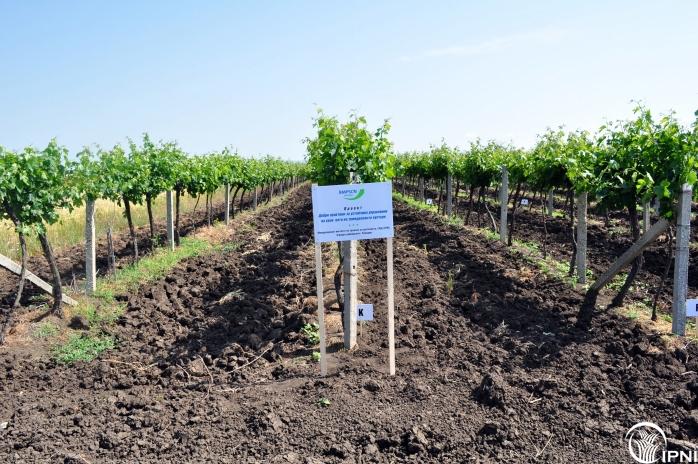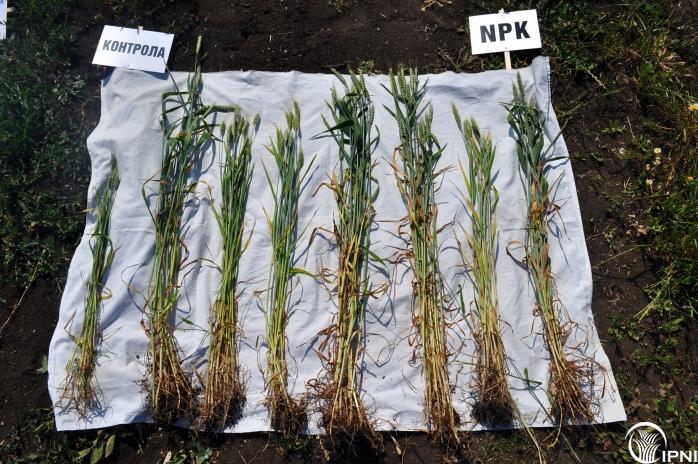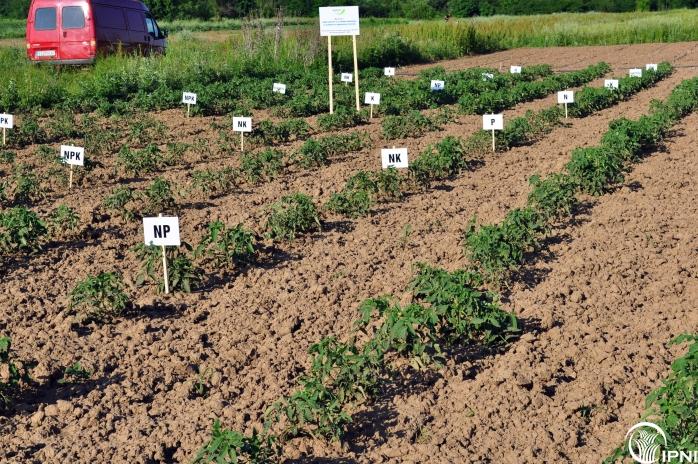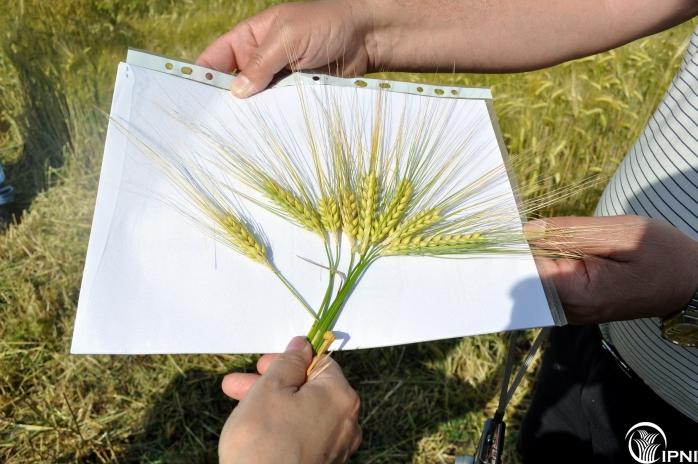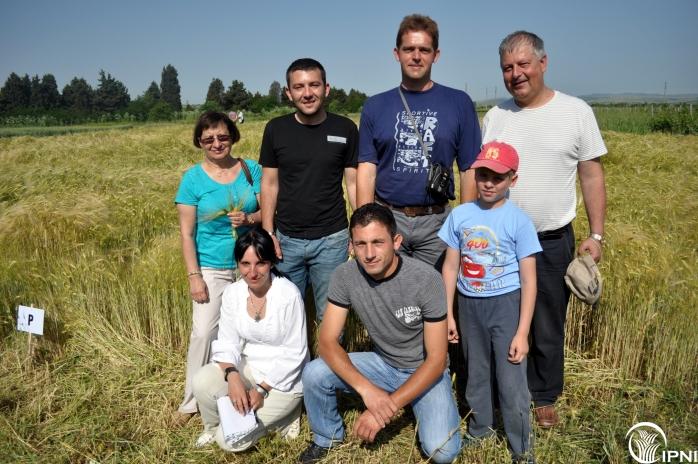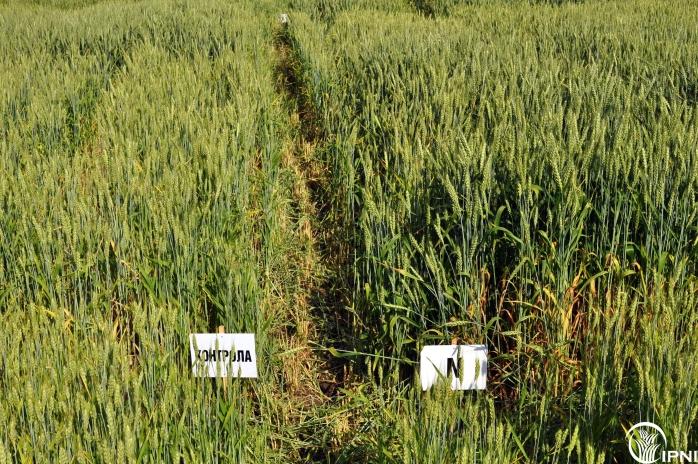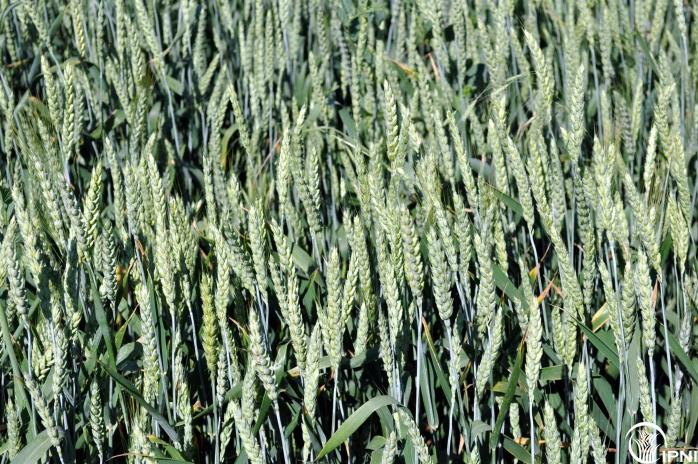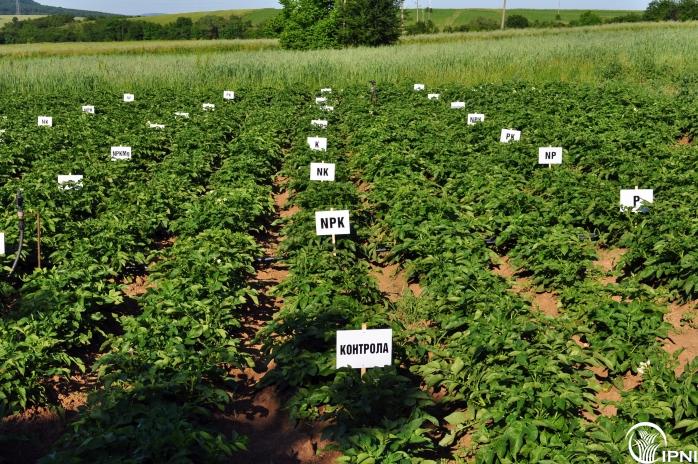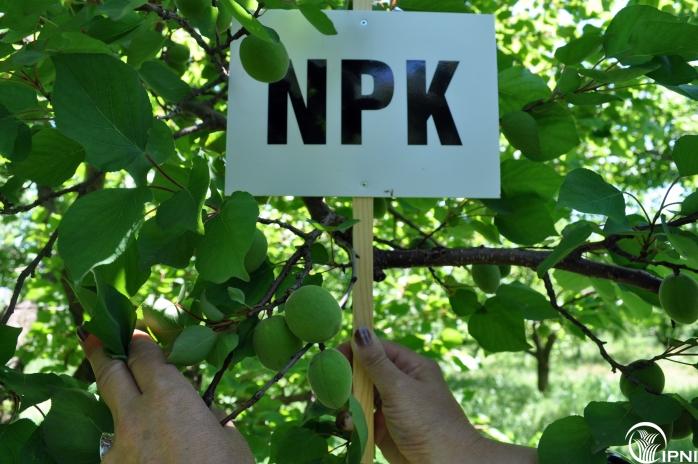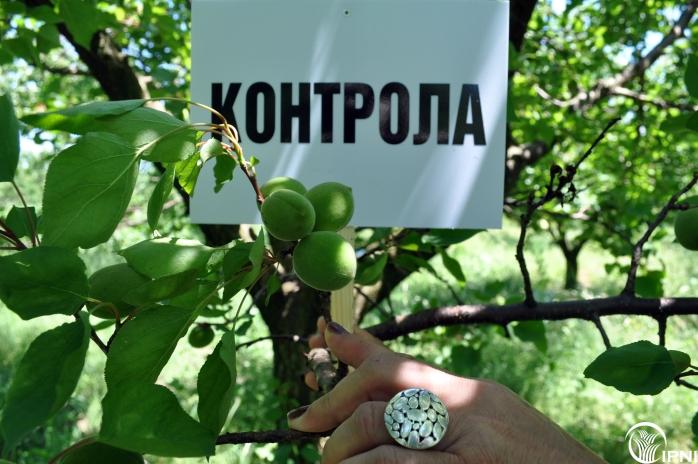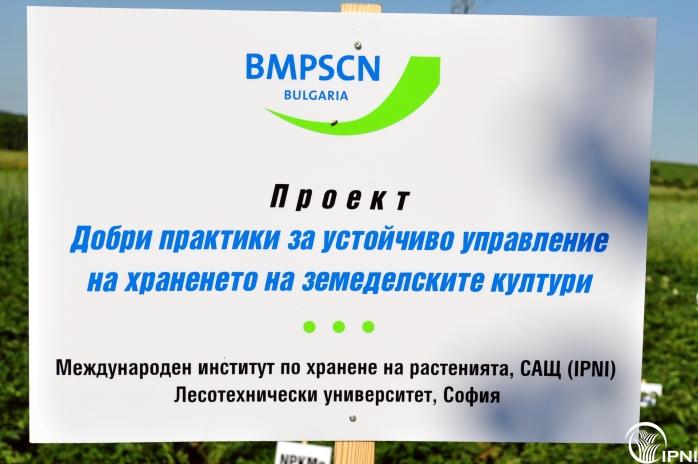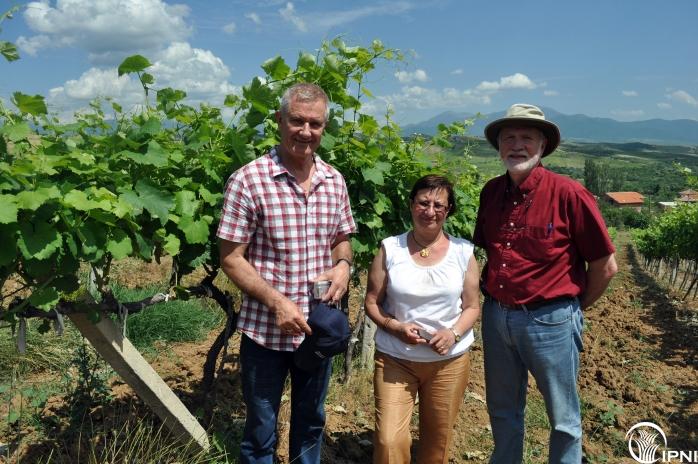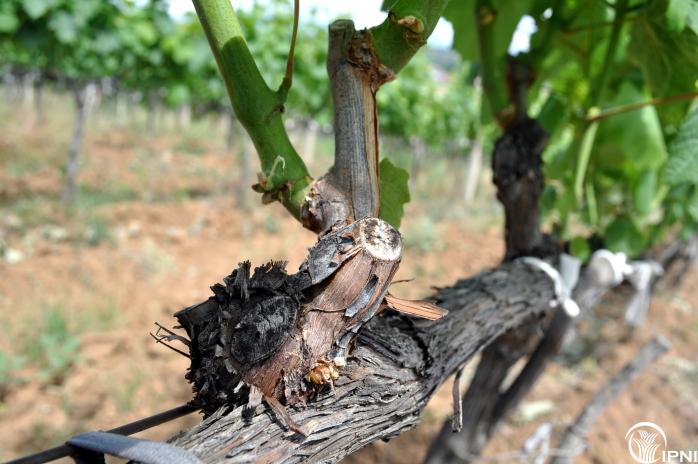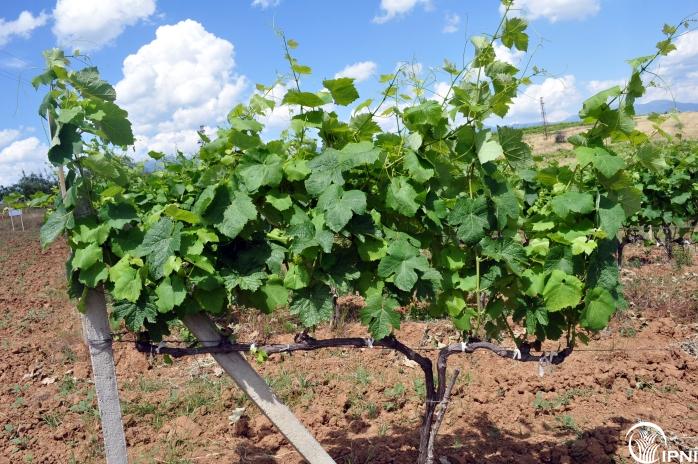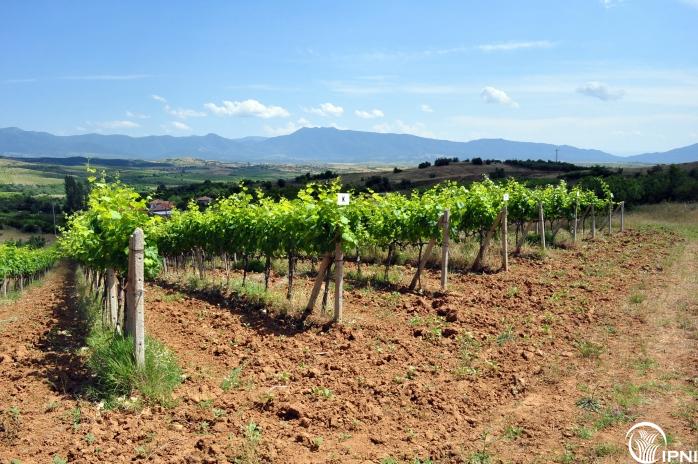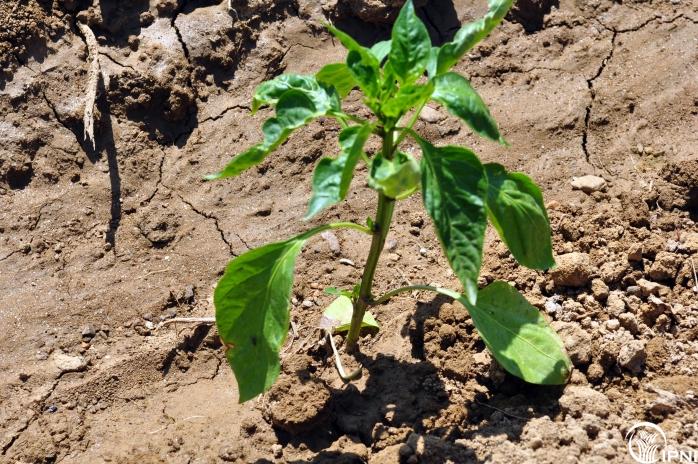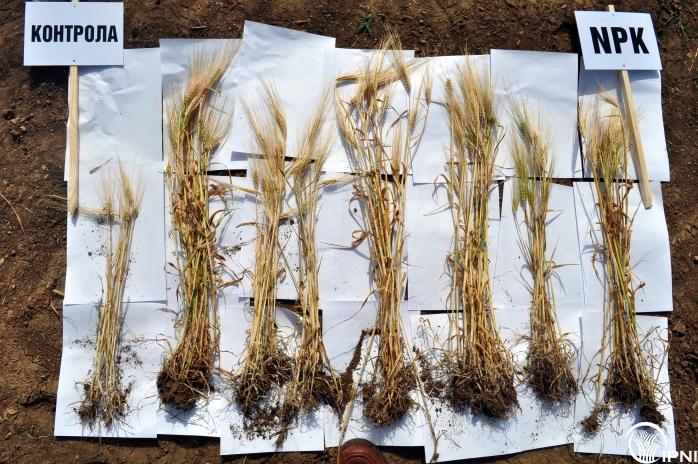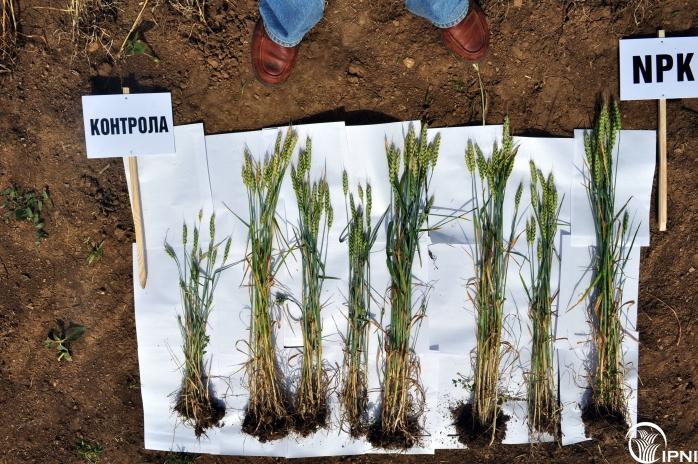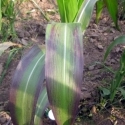17 Dec 2013
Bulgaria
Best Management Practices for Sustainable Crop Nutrition in Bulgaria
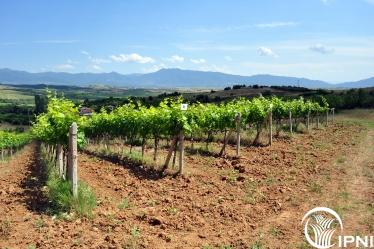
In 2008, a 5-year project was established in Bulgaria with the general goal of improving cultivation systems in Bulgaria’s agriculture through efficient and sustainable use of plant nutrients. About 50 researchers and discipline specialists are taking part in the project. Project activities include: 1) evaluation of soil nutrient status through summarization of past national soil surveys and more recent localized regional surveys; 2) systematic summarization of past relevant soil fertility research and identification of information gaps; 3) nutrient omission/addition plot trials on target crops; 4) development of tools for site-specific nutrient management that deliver updated recommendations to farmers and farmer advisers; and 5) outreach activities to assure appropriate use of the developed tools.
After conducting a soil test survey of pilot regions and creating a GIS database with soil and field data attributes in 2009 and 2010, layers were created with low, medium, and high content of P and K. The 8 IPNI Interpretive Summaries emphasis in 2011 was in the Northwest and Southwest parts of Bulgaria where additional soil sampling was conducted to better assess the soil fertility tendencies of these regions. In 2009, an Access database was structured for past soil fertility research and to accommodate new project data. In 2010, data obtained from long-term crop field experiments conducted after 1974 were entered into the database. The archive now consists of data from 87 experiments at 26 sites and 8 main soil types.
This (2012) was the fourth year of field omission/addition field plot trials (NPK or NPKMg as complete treatments). Crops tested were wheat, barley, maize, sunflower, potatoes, tomatoes, pepper, apricots, peaches, chokeberry, and wine grapes. Results in 2012 in most cases confirm the tendencies found in previous years but at higher yield levels—most of the tested crops responded to fertilization with the NPK treatment producing the highest yields in many sites. The project now enters its recommendation development phase where data from the new field trials will be integrated with legacy data and soil resource considerations to create new recommended fertilizer BMPs for Bulgaria.

